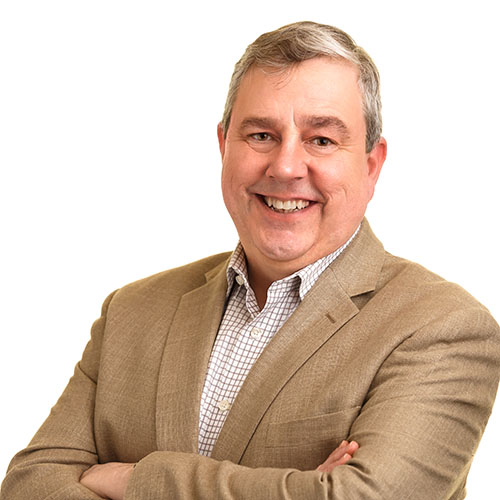
By Jack Johnson, Destinations International
This week for our weekly Advocacy Committee call, we posed the question “What is keeping you up at night?” As we do every week, we got a lot of great responses from the members, several that will lead to further work by the Destinations International Advocacy & Research team. When my turn came, I voiced my three things that worry me the most these days, the three things that makes me wake up at 3:00 am most mornings.
First is the question of the second wave of the COVID-19 virus. Second is a fear that the position of destination organization will not change when this crisis is over. And third, that burnout will take its toll in a major way.
We are seeing a rise in COVID-19 cases in many parts of North America and throughout the world and a lot of people refer to this as a second wave. My belief, based on the information I have seen and from the opinion of many experts, is that this isn’t the second wave, this is still the first wave. It is moving through new areas like South America and Africa as well as the American South and Southwest.
Today Florida, Texas and Arizona all set records for the most cases in a day. And they are not the only ones. It is also showing up in larger numbers where destinations have opened too quickly and where people are not wearing masks and keeping distance. I live in Alexandria, Virginia which has a vibrant visitor economy. Walking down King Street, way too many people do not wear masks – particularly those that appear to be tourists. What keeps me up at night? That the second wave is still out there. It still is yet to come. Or worse, the virus will mutate.
My next fear is that despite the opportunity that this crisis has given us, it will be wasted, and destination organizations will fail to pivot successfully to a resident focused destination organization. Worse, they may not survive.
So much has been gained as destination organizations shift their focus to help local business and reach out and inform residents. Getting through this crisis is hard work, with new problems to solve arriving weekly – sometimes daily, with smaller staffs and with funding evaporating.
Pivoting to a resident focus to become a shared value in your community is hard work under the best of circumstances. It requires not just new efforts and focus, but a change in mindset. While I believe this is necessary and that this crisis offers destination organizations a rare and best chance to do it quickly (“Never waste a crisis!”), the winds that are blowing against us may be too strong. Destination organizations will not be able to do this, or will fall back on old habits, definitions and requirements that will not position then as the community asset each one needs to be.
A reminder, now more than ever, we need to repeat to everyone who will listen, including ourselves:
Every community must compete with every other community for their share of the world’s attention, customers, ideas and investment. To compete, people need to be aware of a community, have a positive impression, and want to visit to experience the community and meet its people.
This is achieved through clearly developing, articulating and managing the community’s brand. Efforts must be made to promote, market, sell, and engage potential visitors. And all of this must be reinforced again and again. Destination organizations are uniquely positioned to do this.
Addressing this need for destination promotion is for the benefit and well-being of every person in a community. It is a common good. It is an essential investment to develop opportunities and build quality of life to benefit all the residents of a community.
A destination organization is a community asset responsible for programs promoting a community as an attractive travel destination and enhancing its public image as a dynamic place to live and work. Through destination stewardship and brand importance, they strengthen the community’s economic position and vitality which provides opportunity for all the people in the destination.
My third worry builds off the second: There is so much to do, so many aspects to this crisis, so many opportunities, that we will burn ourselves out.
A couple weeks ago I told my boss Don Welsh that I was burnt and needed to take a week off. He not only approved but insisted that it be the next week. I had the best intention to take a few days away but still to work on a few projects while away from the office. I guess I didn’t appreciate how much I needed to get away from work – I walked away for a few days and didn’t come back until a week later. I feel so much better – except for those 1,500 emails needing to be cleared out. My fear is that we will not take time off, that our employees will not feel it is safe to take some time off, and we will burn ourselves out. There is much to do. We face many challenges. And opportunities abound. But is we burn ourselves out, we will not be able to address them, we will not be able to seize the moment.
So please – take some time away, take a break and recharge your batteries.


